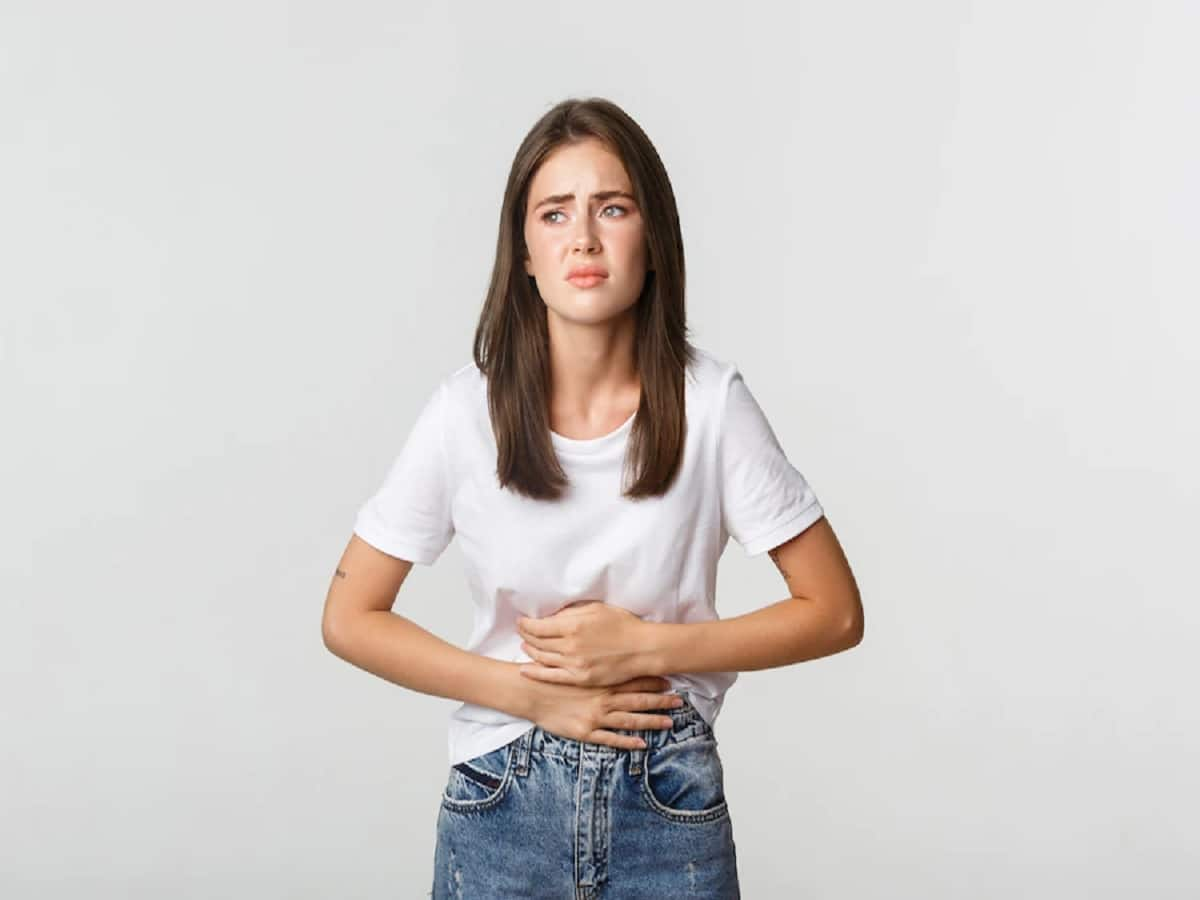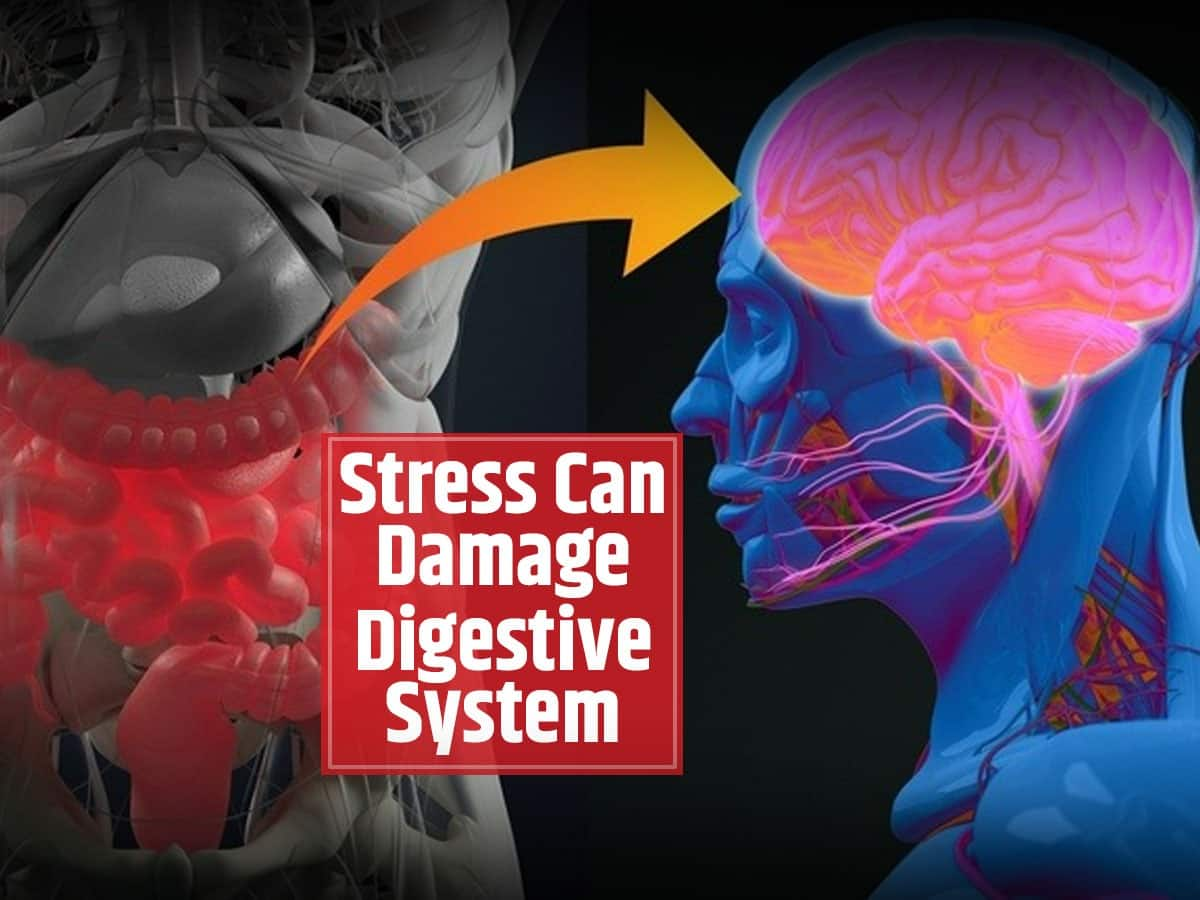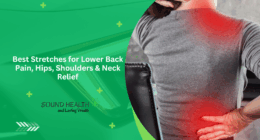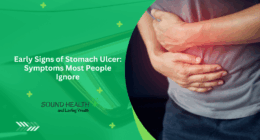Are You Suffering From PCOS?  PCOS doesn’t cause pain which is the main symptom in endometriosis.
PCOS doesn’t cause pain which is the main symptom in endometriosis.
Endometriosis and Polycystic ovary syndrome (PCOS) are two common conditions among women of reproductive age. Both these conditions share some common symptom such as heavy periods, bleeding between periods, and infertility. But PCOS and endometriosis are two very different conditions, and a woman can have both at the same time.
PCOS is a hormonal disorder in which the ovaries produce higher-than-normal amounts of androgens, male hormones. Endometriosis, on the other hand, is a disease in which the endometrium (the tissue that lines the inside of the uterus or womb) grows outside of your uterus or womb, cause severe pelvic pain.
Keep reading to learn more about these two conditions, and how to tell them apart.
PCOS: Symptoms, Treatment, And More
Dr. Nisha Kapoor, Director and HOD, Obstetrics Gynaecology and Advanced Gynae Laparoscopy, Marengo QRG Hospital, Faridabad, explained, “Polycystic ovary syndrome (PCOS) is an endocrine disorder wherein hormonal imbalance leads to various skin and hair problems, weight gain, menstrual irregularities, subfertility and metabolic problems.”
The mainstay of treatment is weight loss via lifestyle changes in the form of dietary intervention and regular exercise.
“Workout involves daily aerobic exercise for about 30 minutes and diet depending upon BMI. In terms of diet, general guideline is a low carb, low fat diet with plenty of fibre and sufficient protein. Avoiding junk food is very important,” Dr. Kapoor stated.
According to her, pharmacotherapy is required depending upon the clinical manifestations listed above.
Dr. Kapoor noted, “Women with PCOS need to understand that it is an endocrine disorder which mostly manifests in women with sedentary lifestyle and unhealthy dietary habits leading to weight gain which further worsens the hormonal imbalance thereby leading to a vicious cycle.”
“PCOS is not a disease and only finding of polycystic ovaries on ultrasound should not be a cause to worry if there are no clinical manifestations which can be prevented by maintaining a healthy lifestyle,” she added.
Do not ignore severe menstrual cramps
Mild menstrual cramps which don’t interfere with routine activity and manageable by mild analgesics, yoga, etc are normal. If pain during periods is severe enough leading to incapacity for daily routine, especially if it has appeared during the last few months, it should not be ignored as it could mean some underlying problems like ovarian cysts, fibroids, PID, endometriosis, etc.
PCOS, PCOD, Endometriosis: Know the difference
Dr. Kapoor said that PCOS and PCOD are interchangeable terms, but endometriosis is altogether a different disease.
PCOS doesn’t cause pain which is the main symptom in endometriosis.
In woman with endometriosis, blood-filled ovarian cysts form in the ovaries and adhesions develop between pelvic organs, bowel and urinary system. This leads to chronic pelvic pain which becomes more severe during periods, subfertility, menstrual disturbances, etc. she elaborated.
So, if pelvic pain is your main symptom, it could be endometriosis, not PCOS.
Unlike PCOS, endometriosis is not caused by hormones or hormone imbalance. In women with endometriosis, the production of ovarian hormones is usually normal. However, the condition can be affected by hormone imbalance. Endometriosis cannot be ruled out by ultrasound.
Symptoms of PCOS: excess androgen, no pain, possibly heavy periods, possibly long bleeds, bleeding between periods, infertility.
Symptoms of endometriosis: normal hormones, pelvic pain, possibly heavy periods, possibly long bleeds, bleeding between periods, infertility.
Both PCOS and endometriosis have some common symptoms, but for very different reasons.
As endometriosis is characterised by inflammation in the pelvis, treatments focus on reducing the inflammation. Treatments usually include surgery or medication. Women with endometriosis may be recommended a dairy-free diet.
Also Read: 5 Essential Facts To Know About Postmenopausal Health










